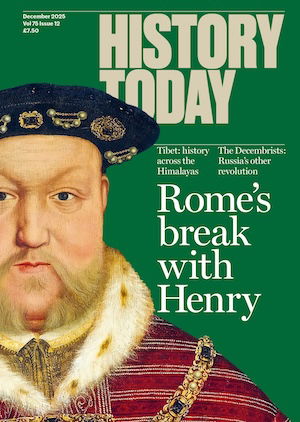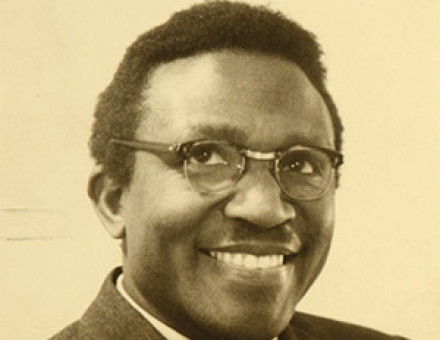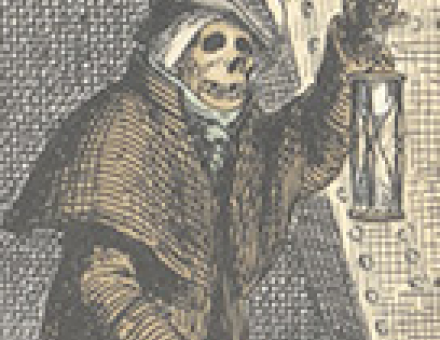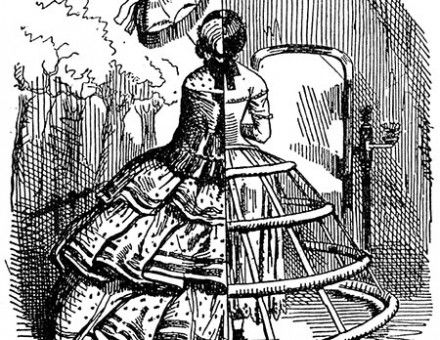The Collapse of the Great Rebellion
Not until the Revolution had collapsed from within, and the quarrelsome heirs of the Long Parliament had forfeited the right to govern, was the way clear for the restoration of a Stuart sovereign. The return of the monarchy, writes Austin Woolrych, was welcomed with enthusiasm as an alternative to social anarchy.






